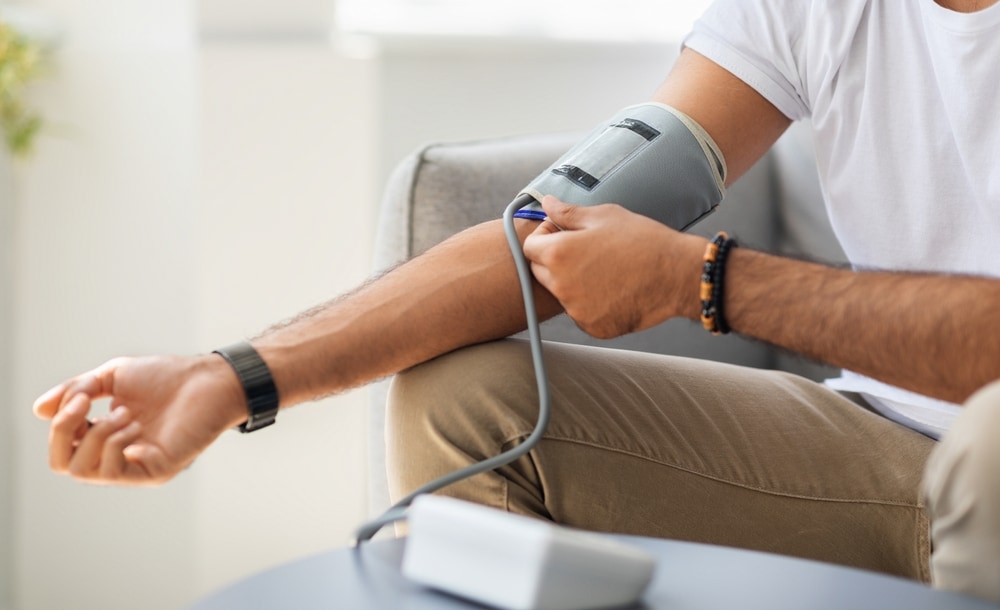Serious conditions like heart attacks were initially thought to affect older adults who had crossed middle age. But lately, heart attack scares are showing up more in young adults, as young as their 20s and 30s. Dr M Srinivasa Rao, regional clinical director and senior interventional cardiologist at CARE Hospitals, Banjara Hills in Hyderabad, also warned, revealing that many young adults are ending up in the hospital with very serious cardiac issues.
ALSO READ: Cardiologist shares 5 compelling reasons to eat more home-cooked meals instead of ordering food online
Poor lifestyle is the biggest contributor to this surge in heart issues, as Dr Rao told HT Lifestyle that there are many lifestyle factors, along with genetic predisposition, responsible for increasing the risks of cardiac issues in young adults. He elaborated, “Long work hours, stress, irregular sleep, fast food habits, undiagnosed high blood pressure, elevated cholesterol, diabetes, and a family history of heart disease. Even everyday exposure to pollution or occasional smoking can quietly damage arteries.”
Another common misconception is that poor health will also affect one’s appearance. However, this is not always the case; one may appear fine from the outside, but the damage has already started inside. Dr Rao warned, “A young adult might look fit on the outside, but early plaque can already be forming inside their blood vessels.”
This is why heart health cannot be pushed down the list of urgent priorities. People in their 20s and 30s are often more focused on skincare routines, treating early fine lines with retinol (as one should), but it’s also vital to pay attention to things that were earlier thought to be a concern in midlife- like cardiac health.
Right from the beginning, lifestyle needs to be changed, embracing healthier habits not just once in a while, but as a regular part of life. One of the essentials for keeping the heart healthy is staying active, even in small ways like taking stairs instead of the lift. He called it, “Consider exercise as giving your heart a daily workout rather than waiting for the weekend gym session.”
Dr Rao shared five tips young adults should follow to protect their hearts:
1. Watch what you are eating

- Vegetables like spinach, broccoli, and carrots, fruits such as berries and oranges, whole grains like oats and brown rice, and healthy fats from nuts, seeds, olive oil, or avocado should make up most meals.
- Fast food, sugary drinks, processed snacks, and excess salt should be occasional treats rather than daily staples.
2. 150 minutes of exercise every week

- Aim for at least 150 minutes a week of brisk walking, cycling, or swimming, and include two strength-training sessions.
- Short bursts of activity during the day, taking the stairs, walking to a colleague’s desk, or a quick evening jog, can all add up.
ALSO READ: Take the stairs over lift: Study reveals just 3 minutes of daily movement can reduce heart attack and stroke risk
3. Check health numbers regularly

- Blood pressure, cholesterol, blood sugar, body weight and waist circumference often reveal hidden risks before symptoms appear.
- A young adult might feel fine, yet their arteries could be under stress.
4. Manage stress

- Chronic stress raises blood pressure and inflammation in arteries.
- Techniques like yoga, short breathing exercises, or even a 10-minute phone-free walk during the day can help.
- Consider stress management as important as any diet or exercise.
5. Say no to smoking and drinking

- Heavy drinking strains the heart and can trigger dangerous rhythms.
- Tobacco accelerates artery damage and increases clotting risk.
- Social binge drinking can put susceptible young adults at risk.
It is vital to change negative habits and embrace healthier ones as heart attack is not waiting until middle age to hit, so don’t treat early adulthood like 20s and 30s as your lively years to ‘enjoy’ and openly neglect health.
Note to readers: This article is for informational purposes only and not a substitute for professional medical advice. Always seek the advice of your doctor with any questions about a medical condition.
